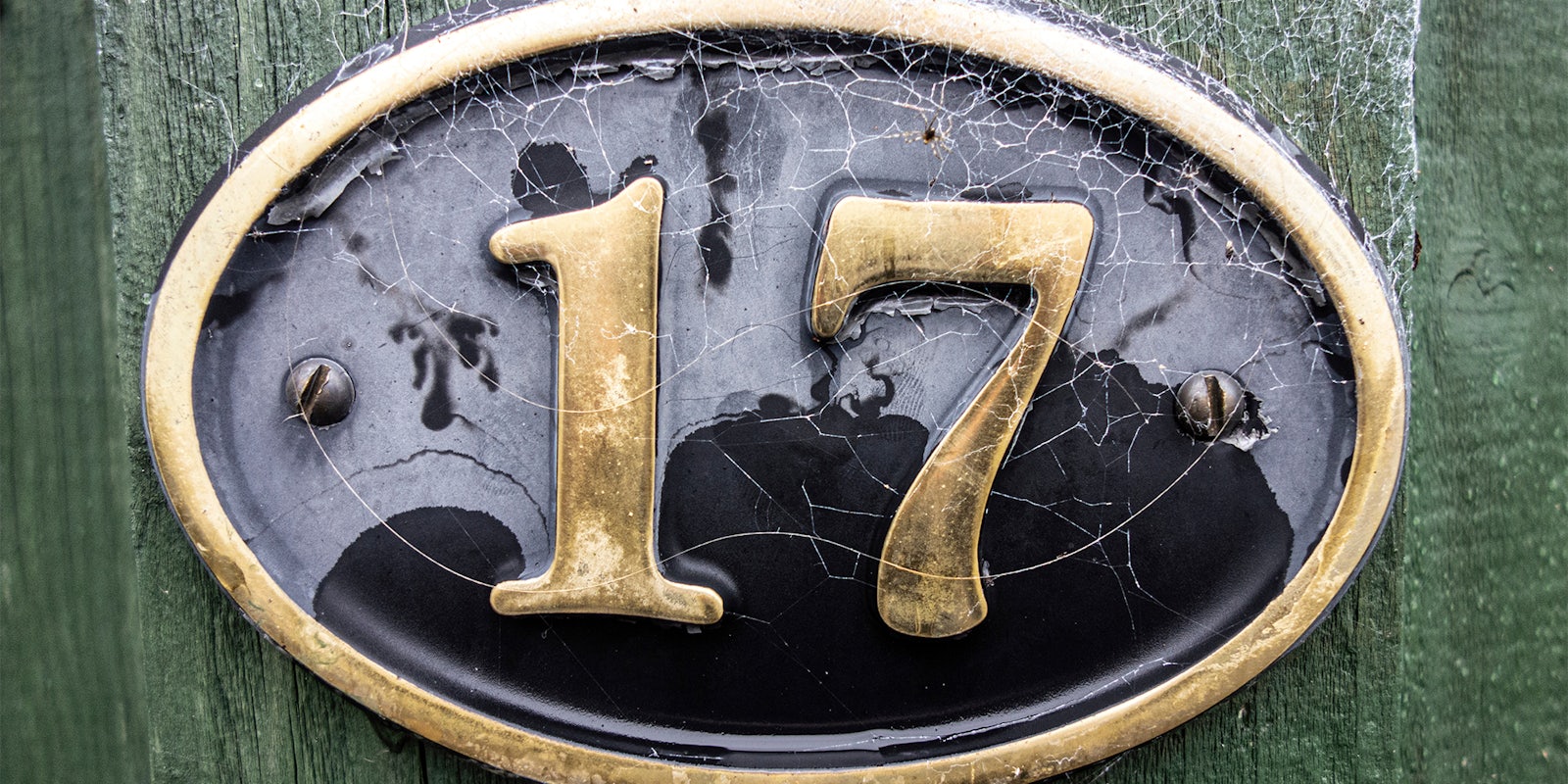Followers of QAnon have started calling themselves “17Anon” in an effort to avoid getting booted off social media platforms.
Unfortunately, months into the movement, the monikers haven’t stuck.
QAnon has roots in the Pizzagate conspiracy theory that there was a pedophile ring being run out of the basement of a Washington, D.C. pizza parlor.
Followers believe that there is a global, satanic, pedophile cult that includes liberals, billionaires, Hollywood elites, and the “deep state,” which President Donald Trump is attempting to take down.
In recent years, QAnon faithful have been arrested for violent, sometimes terrorist, acts in furtherance of this belief.
Social media companies have only recently responded to the trend of criminality among QAnon believers and the false theories they spread about topics ranging from Chrissy Tiegen’s breasts to the coronavirus pandemic.
The theory originally flourished in the wild west of online forums before exploding across Twitter, Facebook, and Instagram.
Why did QAnon change to 17anon?
But last night, Twitter announced it had suspended thousands of QAnon accounts and would continue other enforcement efforts in days and weeks to come.
Now, followers are attempting to avoid detection with the social media equivalent of Superman’s “disguise” as Clark Kent: Instead of QAnon, they’ve started using #17Anon, because “Q” is the 17th letter of the alphabet.
Some are also using #CueAnon, though this hasn’t caught on with quite the fervor of 17Anon.
What is 17anon and CueAnon?
In short, 17Anon and CueAnon are the exact same thing as Q. QAnon followers, ever afraid of their movement getting purged from social media, think that by using different phrases can evade algorithmic detection.
But calling for the execution of Democrats is still calling for the execution of Democrats, regardless of what hashtags you use.
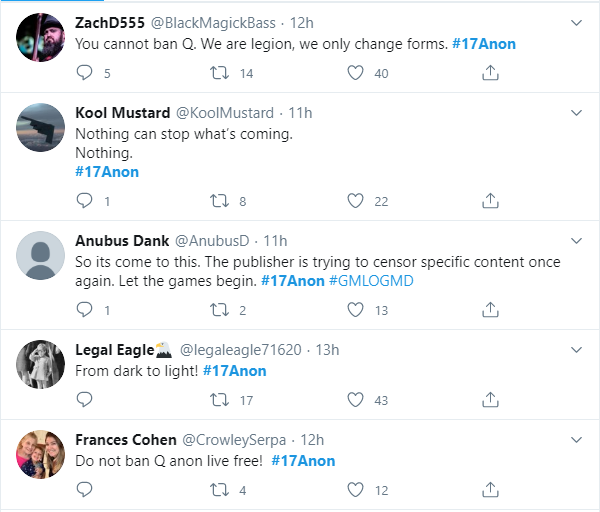

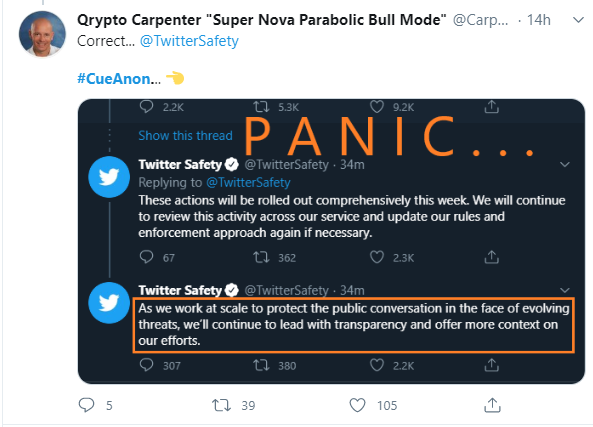
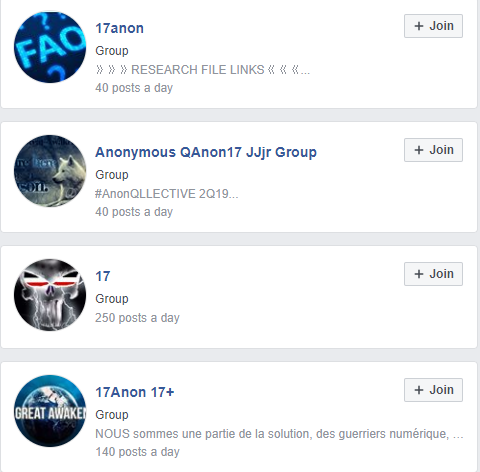
They are also brainstorming other ideas for evading enforcement, presumably in case social media companies catch wind that they’re now substituting 17Anon and CueAnon.
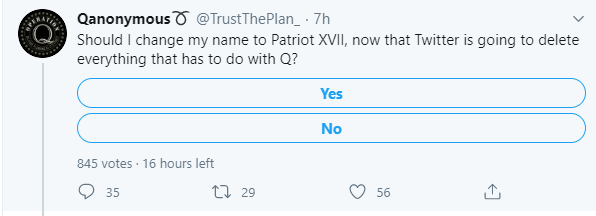
Much of the flurry of activity has been inspired by social media companies cracking down on the conspiracy theory.
Two years ago, Reddit purged QAnon site-wide. Facebook has stopped recommending QAnon groups and pages, the Guardian reports, although a simple search still turns up numerous groups.
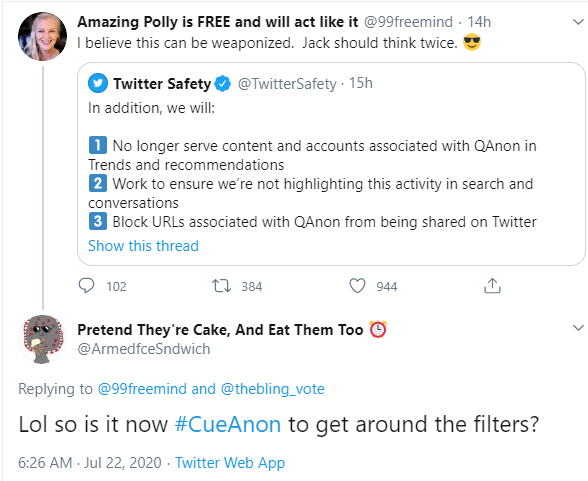

Some might say it isn’t wise to announce your plan to escape detection on the very platforms whose rules you’re attempting to circumvent.
Clearly those people don’t have the same mindset as your average QAnon follower.
And months into the movement, it still hasn’t taken hold. The anonymous poster known as Q has yet to recognize the rebrands, and the efforts to evade detection have largely petered out.
READ MORE:
- Twitter suspends major QAnon accounts in sitewide crackdown
- QAnon-touting Christian candidate says she’s ‘strongest’ on her knees in poorly phrased tweet
- What happens to QAnon if Joe Biden wins?

